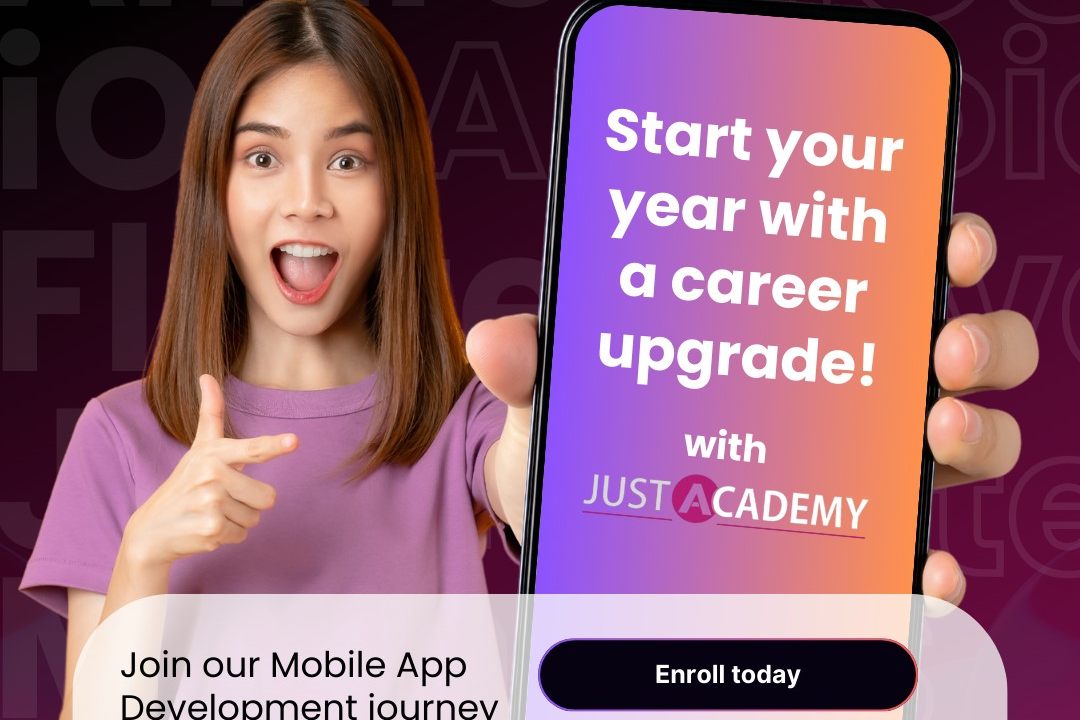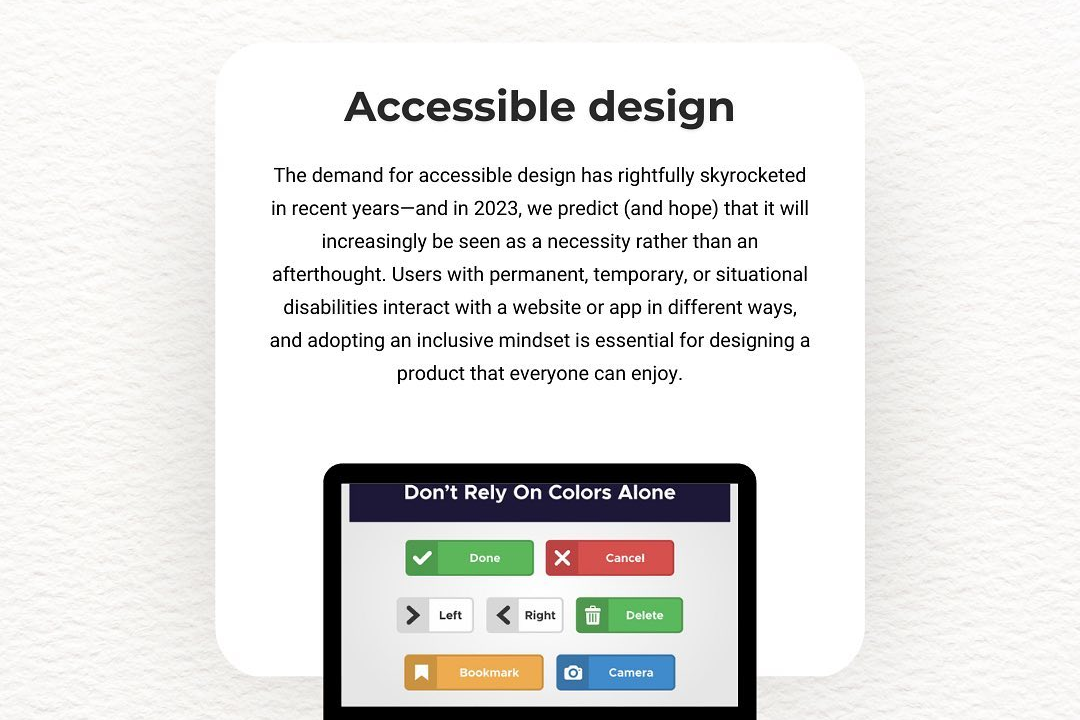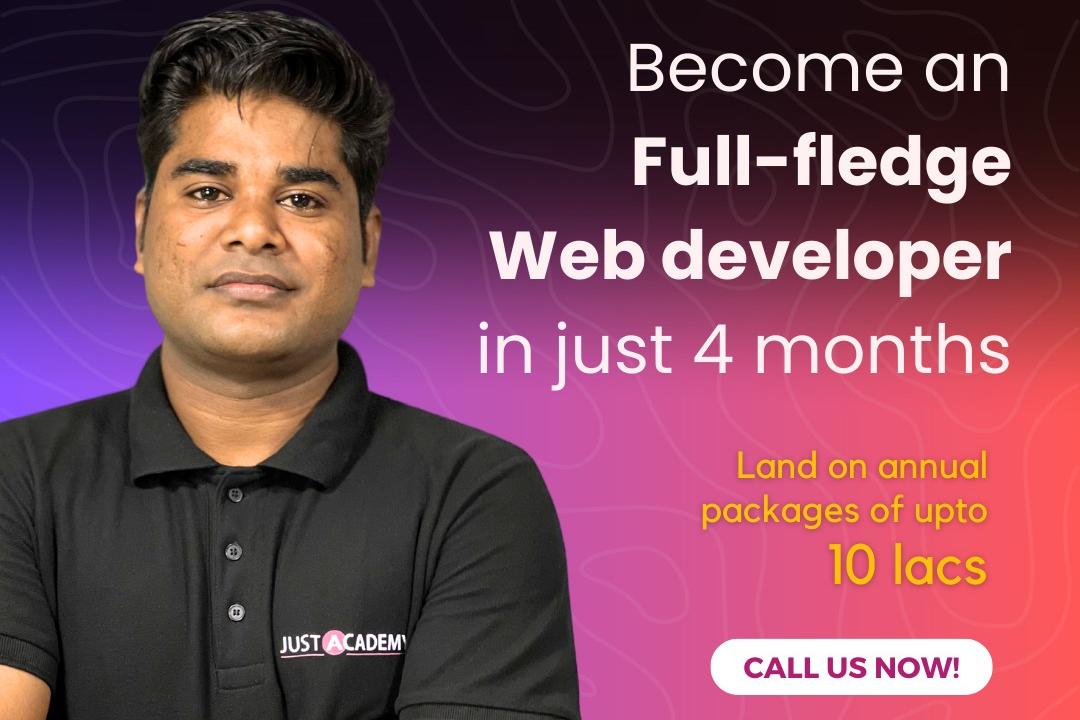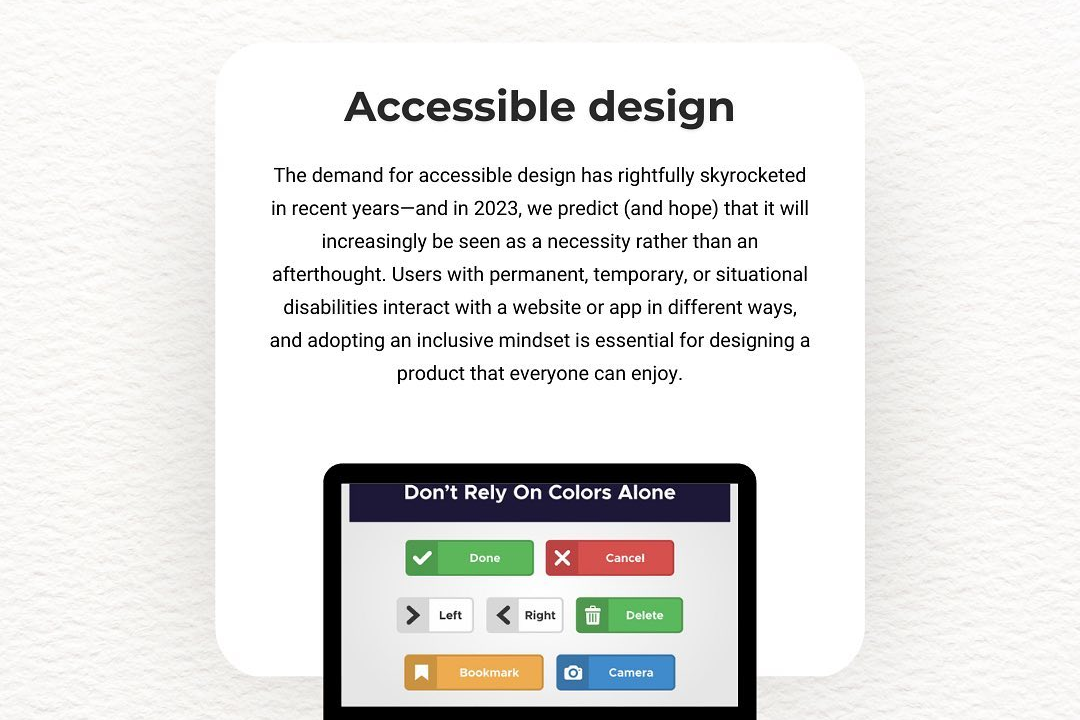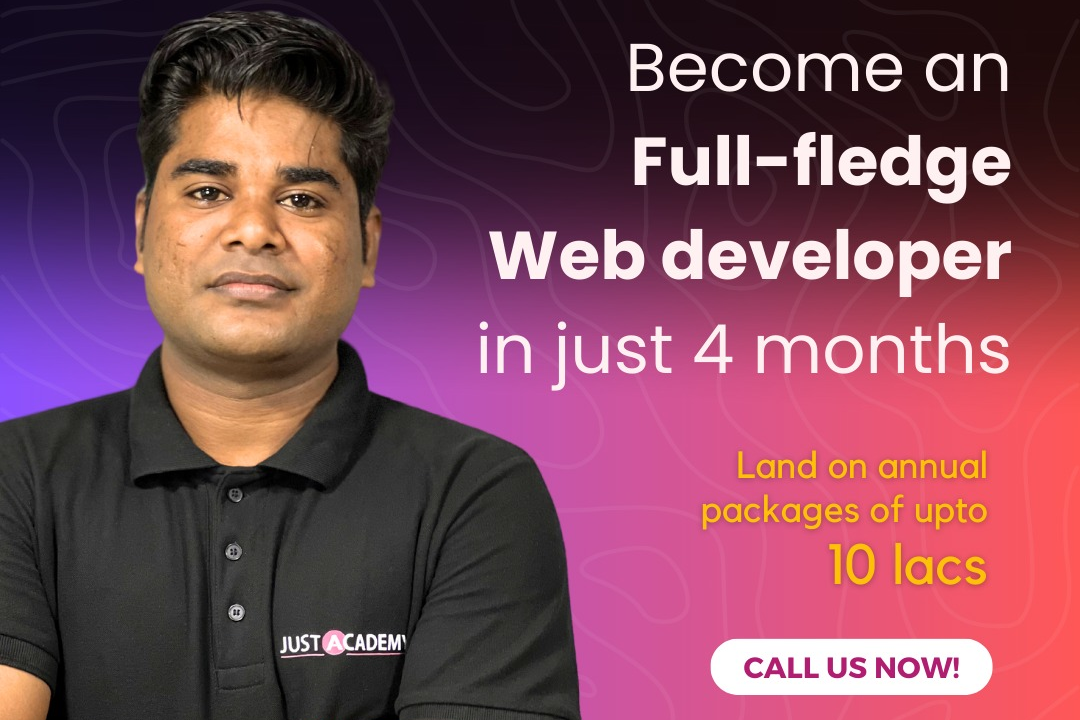Objective-c programming
Mastering Objective-C Programming
Objective-c programming
Objective-C is an object-oriented programming language that extends the C programming language with features from Smalltalk, making it a dynamic and flexible language primarily used for macOS and iOS application development. It was the main language used by Apple for its software development until the introduction of Swift in 2014. Objective-C combines the efficiency of C with the capabilities of an object-oriented language, such as encapsulation, inheritance, and polymorphism. Its syntax allows for message sending, where objects communicate through messages rather than function calls, contributing to its dynamic runtime behavior. Though less commonly used today, Objective-C remains a key part of many existing legacy codebases in Apple's ecosystem.
To Download Our Brochure: https://www.justacademy.co/download-brochure-for-free
Message us for more information: +91 9987184296
1 - Introduction to Objective C: Objective C is a general purpose, object oriented programming language that was developed in the early 1980s. Understanding its history and evolution sets the foundation for learning.
2) Syntax Fundamentals: Learn the basic syntax of Objective C, including how it differs from C and C++. Key aspects include method calls, message passing, and brackets used for method definitions.
3) Objective C Objects and Classes: Understand the fundamentals of objects and classes in Objective C. This includes how to define classes, create objects, and understand the principles of encapsulation and abstraction.
4) Memory Management: Gain insights into Objective C's memory management model, including reference counting and the use of `retain`, `release`, and `autorelease`.
5) Foundation Framework: Explore the Foundation framework, which provides essential data types and collection classes, such as NSString, NSArray, and NSDictionary, vital for any Objective C application.
6) Protocols and Delegation: Understand how to define and implement protocols for defining methods that can be used by any class, facilitating communication through delegation patterns.
7) Categories and Extensions: Learn about categories and how they allow you to add methods to existing classes without modifying their original code, enhancing reusability.
8) Error Handling: Understand error handling in Objective C through the use of NSError objects, exception handling, and best practices for robust code.
9) Using Xcode: Get familiar with Xcode, the integrated development environment (IDE) for macOS where Objective C development takes place. Learn about project setups, interface builder, and debugging tools.
10) Cocoa Touch Framework: Dive into the Cocoa Touch framework, which is essential for developing iOS applications, covering UI components, event handling, and view controllers.
11) Interface Builder: Learn about Interface Builder and how to design user interfaces visually using storyboards and nib files, which are important in iOS application development.
12) Networking in Objective C: Understand how to handle networking, including making HTTP requests, parsing JSON, and managing network sessions using frameworks like NSURLSession.
13) Concurrency and Multithreading: Explore strategies for managing concurrent operations, including Grand Central Dispatch (GCD) and NSOperationQueue, to ensure smooth application performance.
14) Best Practices and Design Patterns: Discuss industry best practices for writing clean, maintainable Objective C code and explore common design patterns like MVC (Model View Controller) and Singleton.
15) Transition to Swift: Provide an overview of Swift, the modern programming language for iOS and macOS development, discussing how it relates to Objective C and the benefits of transitioning.
16) Real world Projects: Analyze real world applications and projects built with Objective C to understand practical implementation and coding standards used in the industry.
17) Resources and Communities: Introduce students to online resources, books, and communities (like Stack Overflow and CocoaPods) where they can seek help, share knowledge, and continue their learning.
These points can serve as a comprehensive outline for structuring a training program aimed at teaching students Objective C programming effectively.
Browse our course links : https://www.justacademy.co/all-courses
To Join our FREE DEMO Session: Click Here
Contact Us for more info:
- Message us on Whatsapp: +91 9987184296
- Email id: info@justacademy.co

